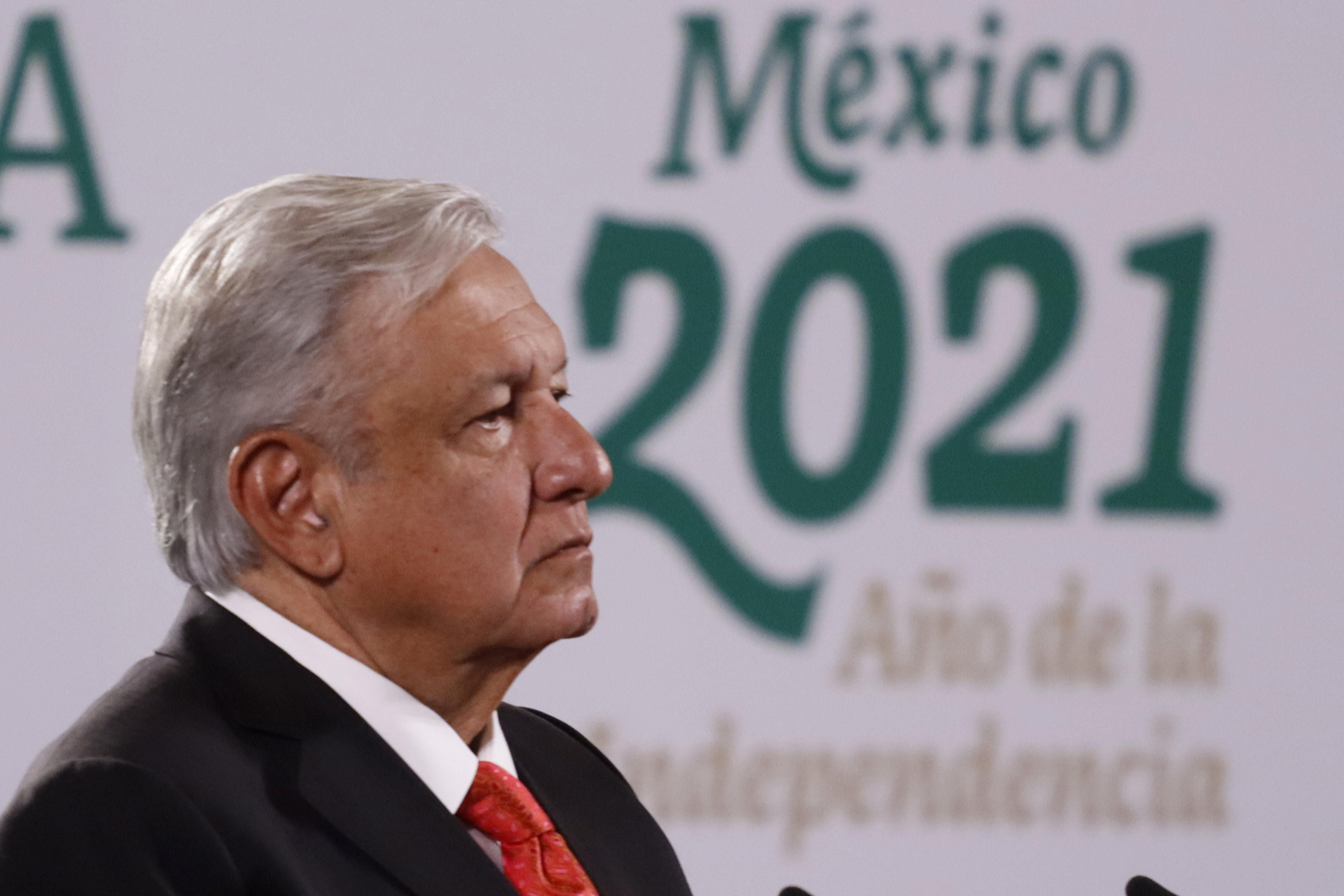What We're Watching: AMLO's bittersweet victory, Boko Haram's leader is (maybe) dead, El Salvador's move towards crypto
Did AMLO win in Mexico's midterms? The governing Morena party of President Andrés Manuel López Obrador lost its two-thirds lower-house majority in Sunday's midterms, dealing a blow to the leftwing nationalist leader's bid to radically transform Mexico. Although Morena and its allies are projected to hang on to a simple majority in the lower house, winning as many as 292 of the 500 seats up for grabs, that two-thirds margin was crucial for López Obrador's ability to change the constitution, something he's threatened to do in order to carry out what he calls a "Fourth Revolution" that remakes Mexico's economy in the interests of the poor and working class. Still, López Obrador remains in a commanding position: Morena and its allies look to have picked up more than half a dozen state governorships, and they still control both houses of Congress. Most importantly, despite failing to tackle crime, corruption, or poverty since his election in 2018, the left-populist López Obrador remains immensely popular in a country where traditional conservative politicians are reviled. Chastened as he may be by the result, as he heads into the final three years of his six-year term, López Obrador isn't likely to give much ground to his rivals. Read our full write-up of the election and its implications here.
Is Boko Haram's leader dead? Abubakar Shekau, head of the Nigerian-based Boko Haram terror group, is reportedly dead, with rival militant groups saying that Shekau strapped ammunition to his body and killed himself. (Neither Boko Haram nor the Nigerian government has confirmed the report.) Since Shekau took over the group seven years ago, he has overseen a steady stream of bloody attacks, most notably in 2014 when Boko Haram militants kidnapped hundreds of school girls in Borno state, many of whom remain missing. Since then, more than 30,000 Nigerians have been killed and millions displaced. In more recent years, Boko Haram has been locked in a bloody battle for dominance with the Islamic State's West African offshoot — ISWAP. Analysts say that while Shekau's death might lower the temperature between the two rival groups, it's unlikely to change the cadence of violent attacks — though some speculate that ISWAP may try and recruit Boko Haram fighters. Whether Skekau is dead or not, Islamist violence will continue to gain momentum in West African countries like Mali, Niger, and Burkina Faso, that have been gripped by violent insurgencies in recent years.
El Salvador to adopt crypto: Nayib Bukele, El Salvador's very online millennial president, said this week that his country would be the first to accept cryptocurrency as legal currency. If Bukele does send legislation to Congress in the near term it's likely to pass, given that his New Ideas party won a decisive legislative victory in February, giving Bukele a supermajority. Enthusiastic Bitcoin Bros say that there's little to lose; given that some 70 percent of El Salvadorians don't have a bank account, this shake-up would allow poor people to have increased access to personal finances. However, other analysts say that there needs to be global cryptocurrency regulation in place before national governments start accepting crypto as legal tender. Still, massive issues persist regarding how to regulate the extremely volatile and environmentally-damaging currency that is oft-used by those wanting to bypass government tracking and regulation. Indeed, if El Salvador pulls this off, it's likely that other states will follow suit.
